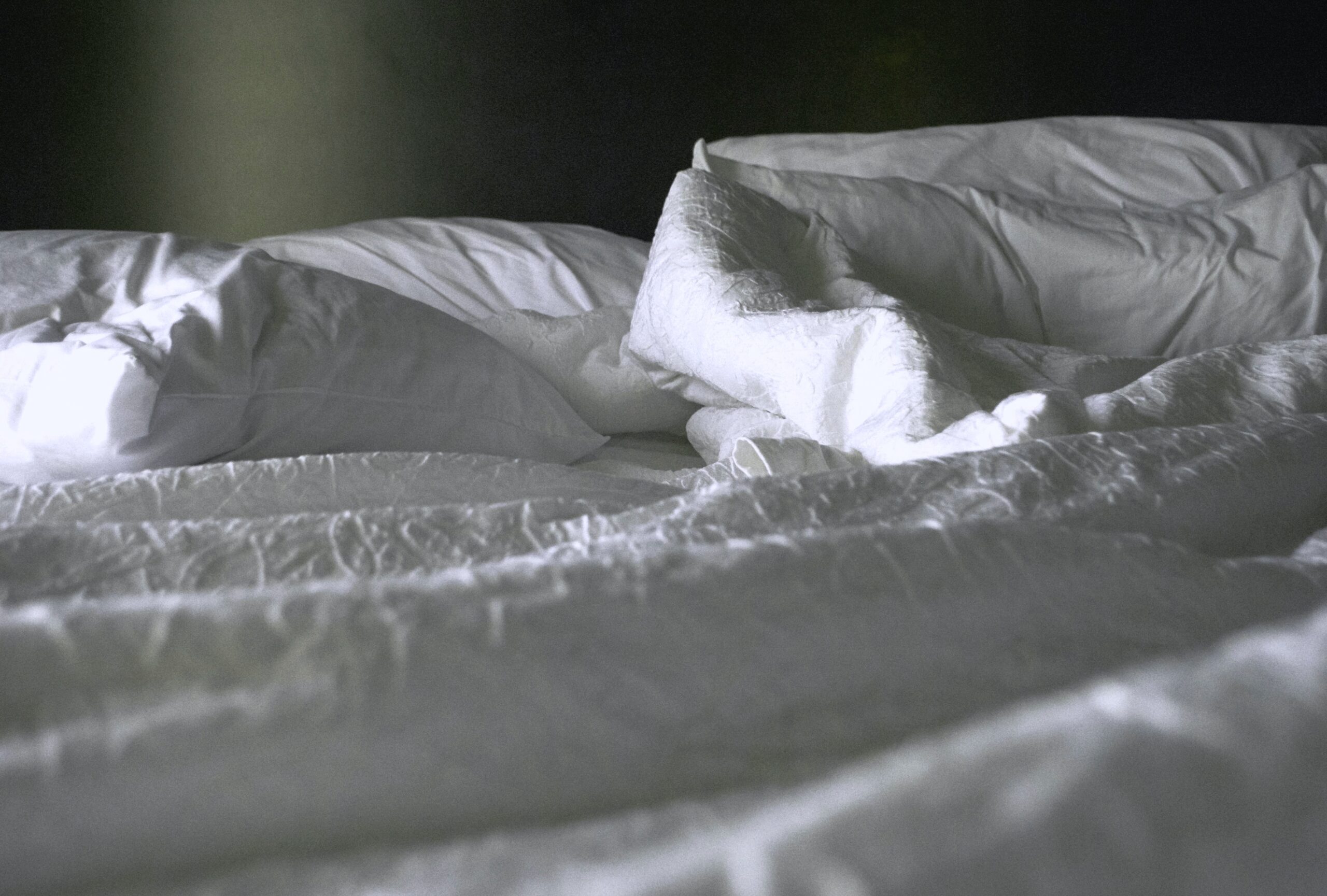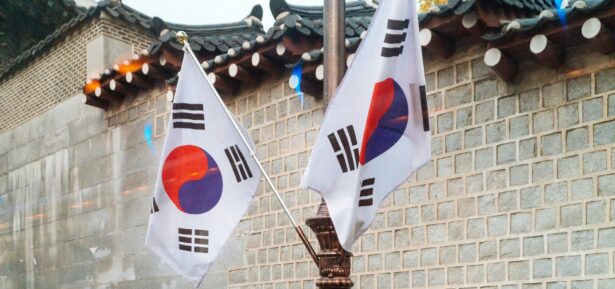

Credit: Unsplash
The government is taking action to stop the spread of the bloodsucking pests.
The South Korean government has launched a four-week campaign to eradicate bedbugs after a wave of outbreaks across the country.
Thirty suspected or confirmed infestations have been reported since the end of October, prompting the government to take action. The campaign will focus on inspecting and treating high-risk areas such as bathhouses, university dorms, and train stations.
“Bedbugs do not transmit diseases, but they are pests that cause discomfort, allergies, and psychological as well as economic harm due to their blood-feeding habits,” said Park Yoo-mi, a senior health official in Seoul.
The government is also expediting the import of new types of pesticide in case those already available in the country are not strong enough to do the job.
Pest control companies have reported being inundated with calls for help. “We received less than five calls a year related to bedbugs before, but nowadays, we get two to three calls every day,” said Eom Hae-won, the CEO of Incheon-based pest control firm Choa Clean.
South Korea is launching a four-week campaign against bedbugs after multiple reports of infestations sparked widespread public anxiety https://t.co/Bxj8wW2O0L
— Bloomberg (@business) November 9, 2023
The government is also working to raise awareness about bedbugs and how to prevent them. The Seoul City Government has launched a “Bedbug Reporting and Management System” and a “Zero Bedbugs City, Seoul” initiative, under which it says it will inspect 3,175 lodging facilities, bathhouses, and jjimjilbangs (Korean saunas with rooms of varying temperatures).
The city has said it will also provide pest control support for small housing units known as jjokbang or gosiwon, which typically measure around 3-6 square meters (30-60 square feet) and house some of Seoul’s poorest residents.
Other areas deemed high-risk include subways and cinemas. The government says its campaign will include periodic steam-cleaning of subway seats.
“While bedbugs do not transmit diseases, they are pests that cause discomfort, allergies, and psychological as well as economic harm due to their blood-feeding habits,” said Park Yoo-mi, a senior health official in Seoul.
-
Goodbye to Bob Bryar, A Key Figure in My Chemical Romance’s Journey In a heartfelt announcement, My Chemical Romance...
-
Joe Biden’s Sudden Pardon for Hunter Raises Eyebrows and Divides Opinion on Justice System Integrity In a surprising and...
-
Royal fans are buzzing over a hidden detail in Queen Mary of Denmark’s latest portrait, which seems to speak...
-
Once again, Iceland’s fiery landscape captures global attention as the Reykjanes Peninsula experiences its tenth volcanic eruption in just...
-
Credit: Unsplash Let’s face it, some of the best food in the world isn’t found in fancy restaurants. Nope,...
-
Credit: Envato Elements Let’s be honest—traveling around Europe is a dream we all share, but there’s a not-so-fun side...
-
Canada’s Labor Minister, Steven MacKinnon, has taken decisive action to end the recent labor disruptions affecting key ports in...
-
In a significant development, over 30,000 Boeing workers have rejected a new offer from the company, which included a...
-
Chinese President Xi Jinping delivered a strong message of resilience and determination during a speech commemorating the 75th anniversary...
-
In a historic move, Volkswagen AG, one of the leading global automakers, announced it is considering the closure of...
-
Massive train disruptions struck central Germany this Saturday, leaving hundreds of passengers stranded and scrambling for information at Frankfurt’s...
-
The Middle East has stepped back from the edge of a broader conflict, at least for the moment, after...




















